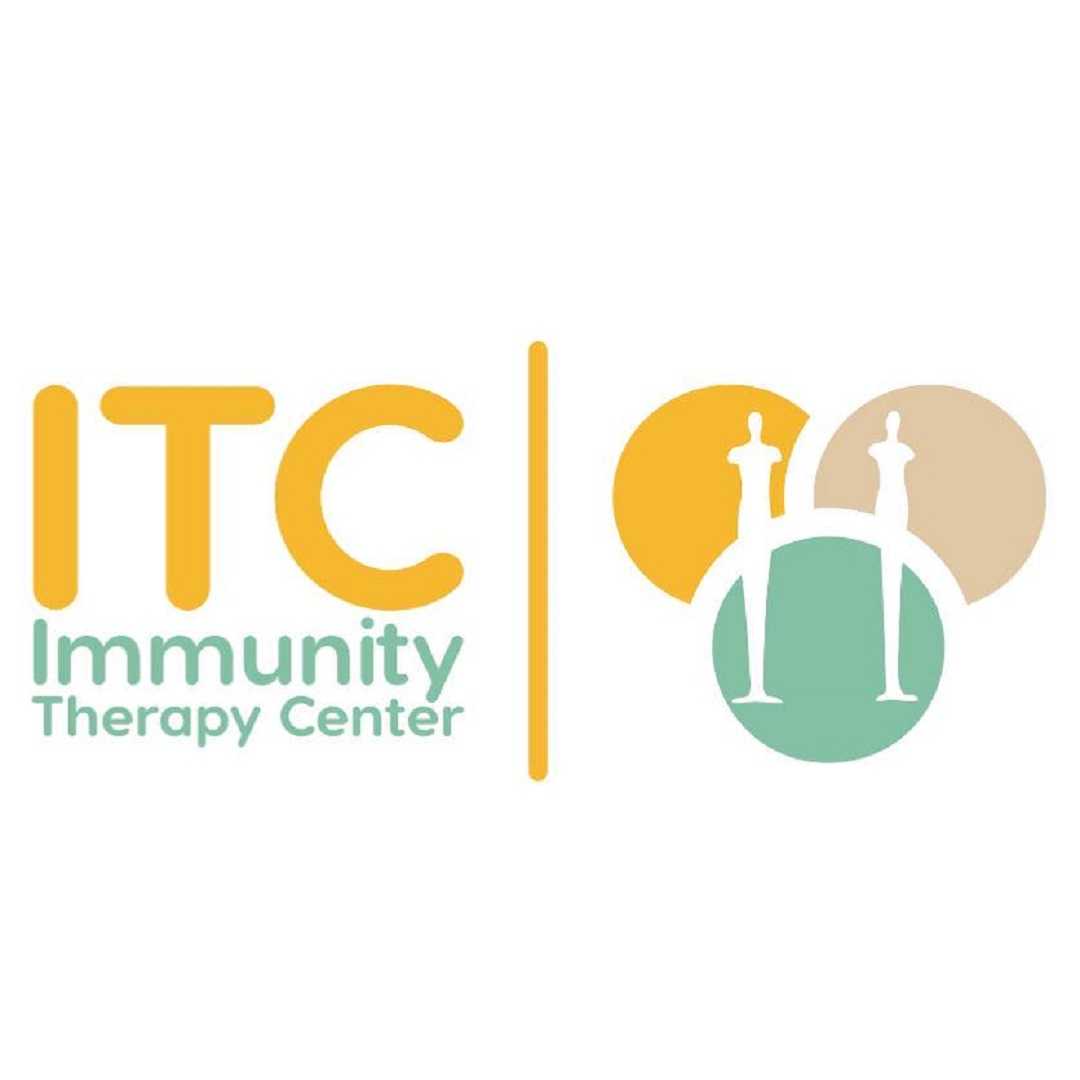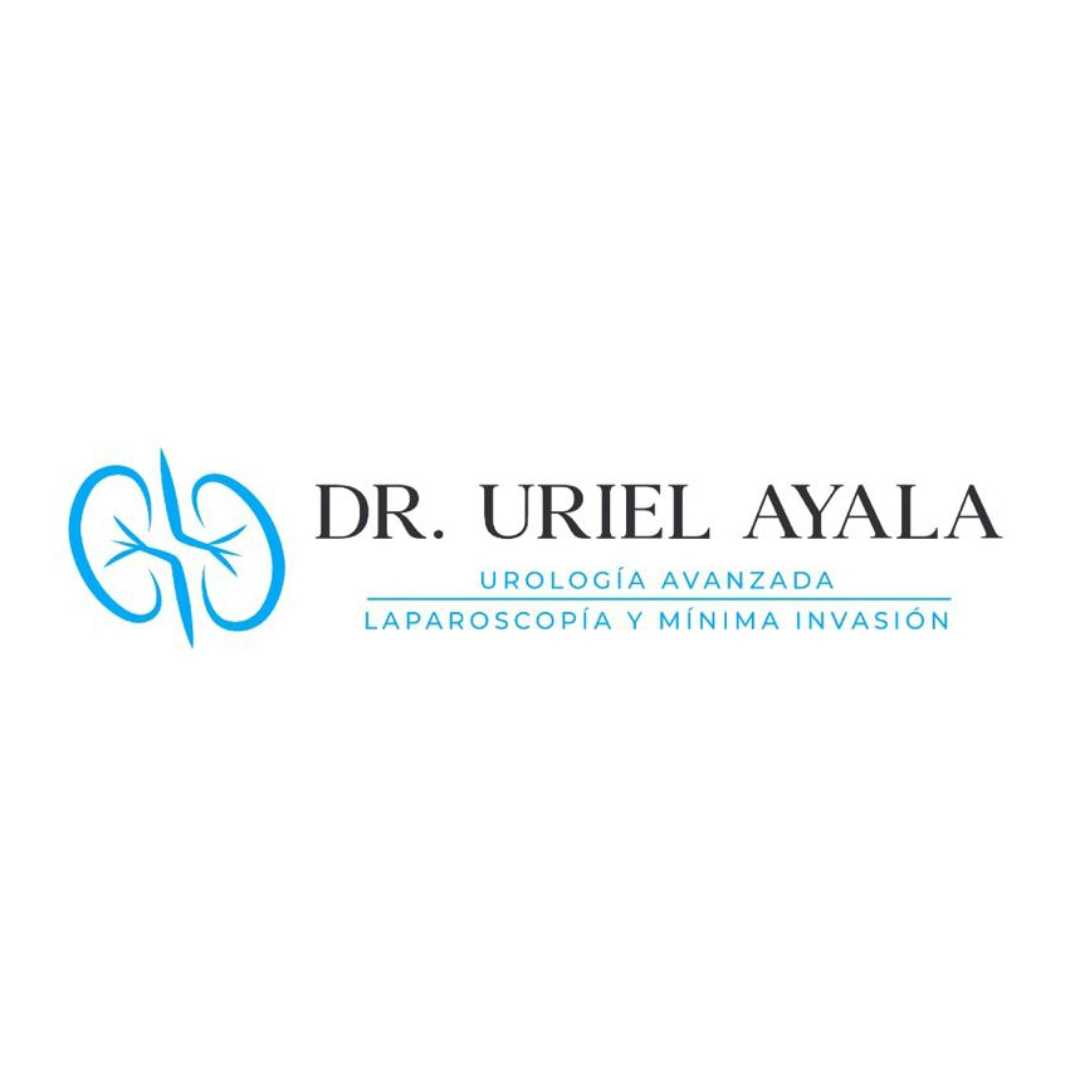Average Cost of Bladder Cancer Treatment in Mexico

In recent years, Mexico has emerged as a prominent destination for medical tourism, particularly for specialized treatments like bladder cancer treatment. Many individuals are seeking high-quality, affordable healthcare options outside their home countries, and Mexico often fits that need perfectly.
If you or a loved one are exploring alternatives for bladder cancer care, understanding the landscape of treatments available south of the border is a crucial first step.
What are the common types of bladder cancer treatment in Mexico?
Mexico offers a comprehensive range of treatments for bladder cancer, mirroring those available in leading medical centers worldwide. The specific approach chosen for bladder cancer treatment in Mexico will depend heavily on the stage of the cancer, its grade, and the patient's overall health.
Early-stage, non-muscle-invasive bladder cancer often begins with a Transurethral Resection of Bladder Tumor (TURBT), a minimally invasive surgical procedure where a surgeon removes the tumor from the bladder lining using a resectoscope inserted through the urethra.
How much does bladder cancer treatment cost in Mexico?
One of the most compelling reasons individuals consider bladder cancer treatment in Mexico is the substantial cost savings compared to countries like the United States or Canada.
While exact figures can fluctuate based on the specific type and stage of bladder cancer, the complexity of the treatment, the clinic's reputation, and the length of hospital stay, patients often find that comprehensive care in Mexico is significantly more affordable.
For instance, a Transurethral Resection of Bladder Tumor (TURBT), which might cost upwards of $10,000 to $20,000 in the US, could be available for a fraction of that in Mexico. Similarly, a radical cystectomy, a major surgical procedure that can cost well over $100,000 in Western countries, might be performed for $30,000 to $60,000 or even less in Mexico.
These estimates include surgeon fees, hospital charges, anesthesia, and initial post-operative care, though it's always important to get a detailed, itemized quote from any potential clinic.
Are there experienced bladder cancer specialists in Mexico?
Mexico has a strong and growing medical education system, producing highly competent physicians and surgeons. Many Mexican doctors, particularly those specializing in oncology and urology, pursue additional training and fellowships in the United States, Europe, or Canada.
When seeking bladder cancer specialists in Mexico, you can expect to find urologists specializing in urologic oncology, medical oncologists who manage systemic treatments like chemotherapy and immunotherapy, and radiation oncologists.
These specialists often work in multidisciplinary teams, collaborating to create personalized treatment plans for each patient. It's common for clinics catering to international patients to have specialists who are fluent in English, further easing communication and ensuring a comfortable patient experience.
What are the benefits of choosing Mexico for bladder cancer treatment?
Choosing Mexico for bladder cancer treatment offers a multitude of advantages that appeal to patients from around the globe, especially from the United States and Canada. The most immediate and often compelling benefit is the considerable cost savings.
As previously discussed, medical procedures and therapies can be 30% to 70% less expensive in Mexico without compromising on the quality of care, making life-saving treatments accessible to more people.
Beyond affordability, Mexican medical facilities are increasingly equipped with advanced technology. Many hospitals boast state-of-the-art operating rooms, sophisticated diagnostic imaging equipment, and access to cutting-edge treatments like robotic surgery and immunotherapy.
How do I choose a reputable clinic for bladder cancer care in Mexico?
Selecting the right clinic for bladder cancer treatment in Mexico is a critical decision that requires thorough research. Start by looking for facilities that hold international accreditations from organizations such as the Joint Commission International (JCI). These accreditations signify that the hospital meets rigorous international standards for patient safety and quality of care.
Next, focus on the medical team. Ensure that the urologists and oncologists specializing in bladder cancer are board-certified and have extensive experience in treating this specific type of cancer. Don't hesitate to ask about their qualifications, years of experience, and their success rates for similar cases.
Finally, examine the clinic's transparency regarding costs, treatment options, and potential outcomes. A reputable clinic will provide a detailed, itemized quote and explain all aspects of your proposed bladder cancer treatment in Mexico.
Are you considering bladder cancer treatment in Mexico or exploring other medical tourism options? PlacidWay is here to help. We connect you with top-tier medical facilities and experienced specialists worldwide, offering personalized guidance and comprehensive support for your healthcare journey. Visit PlacidWay to learn more about how we can assist you in finding the best solutions for your medical needs.


.png)














Share this listing